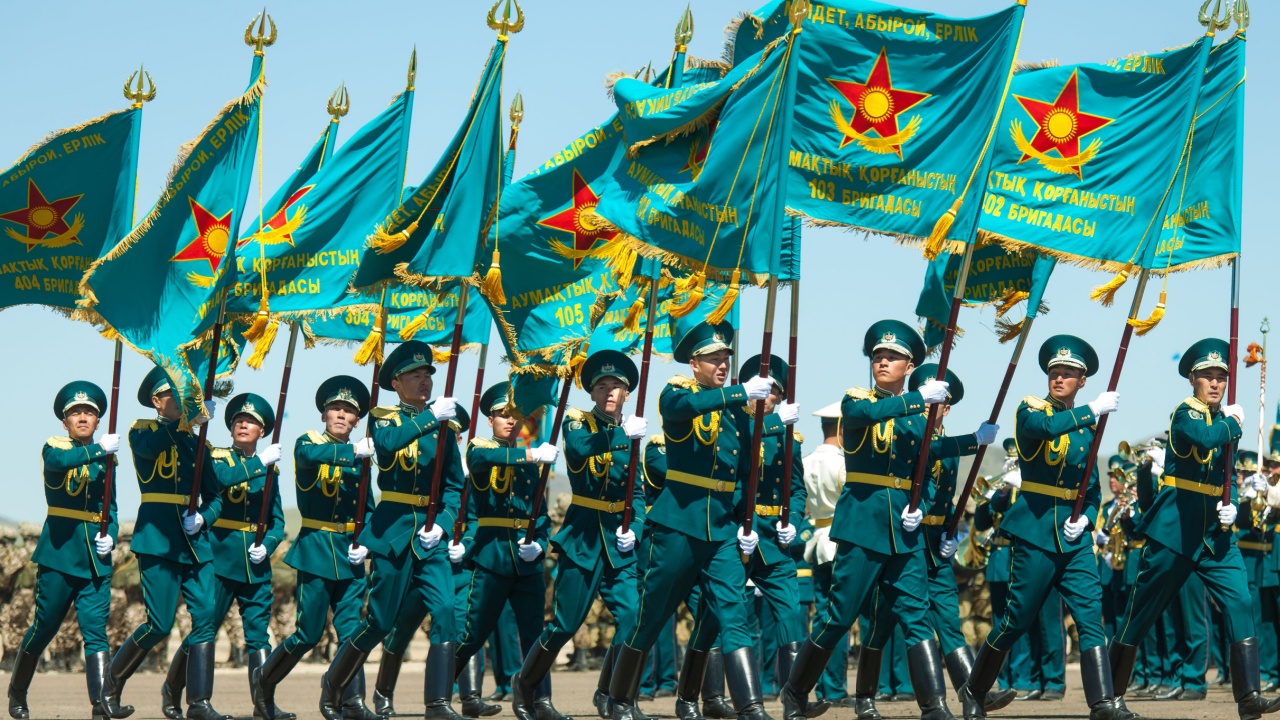A contemporary iteration of the historic “Great Game” is dramatically unfolding across the South Caucasus and Central Asia, echoing the nineteenth-century imperial rivalries but now characterized by a complex, multipolar dynamic. This evolving geopolitical landscape sees various global and regional powers vying for influence, primarily driven by interests in energy security, trade routes, and strategic regional dominance.
The original “Great Game” famously described the intense nineteenth-century strategic competition between the British and Russian Empires for control and influence over Central Asia, particularly in Afghanistan, Persia, and the surrounding regions. This historical period was defined by extensive espionage, subtle diplomacy, and strategic territorial maneuvers aimed at securing or expanding imperial frontiers.
Historically, the Caucasus, strategically positioned between the Black and Caspian Seas, served as a crucial buffer zone. Its diverse geography and ethnic mosaic made it a hotbed for clandestine operations and diplomatic struggles, deeply intertwined with broader imperial ambitions. Russia’s successful expansion into this region significantly bolstered its southern flank and laid groundwork for future geopolitical plays.
Today, the regional dynamics are reshaped by multiple contenders. Key players are proactively securing energy supplies and developing vital trade arteries, fundamentally transforming Eurasian connectivity. New infrastructure projects and evolving strategic alliances define this era, marking a significant departure from past bipolar contests as nations pursue diversified partnerships.
Central to these developments are critical energy and transport initiatives like the proposed Zangezur Corridor, which aims to enhance connectivity between Azerbaijan and its exclave, and the burgeoning Middle Corridor. This latter route, also known as the Trans-Caspian International Transport Route, is increasingly pivotal as a non-traditional east-west trade artery linking China, Central Asia, the Caspian Sea, and Europe, with key implications for regional trade flows.
Azerbaijan is further strengthening its role by significantly increasing gas exports to Europe via the Southern Gas Corridor, a crucial component of Europe’s energy diversification strategy. Efforts towards regional peace, particularly between Azerbaijan and Armenia, could further integrate Armenia into this critical Middle Corridor, offering new avenues for trade and energy transit that bypass traditional routes.
The strategic stakes for external powers are high. Nations are increasingly focusing on economic engagement and fostering deeper partnerships with Central Asian and Caucasian countries, aiming to integrate them into broader economic frameworks. This renewed focus underscores the importance of strategic foresight and adaptive foreign policy in this highly dynamic and strategically vital part of the world.






Leave a Reply